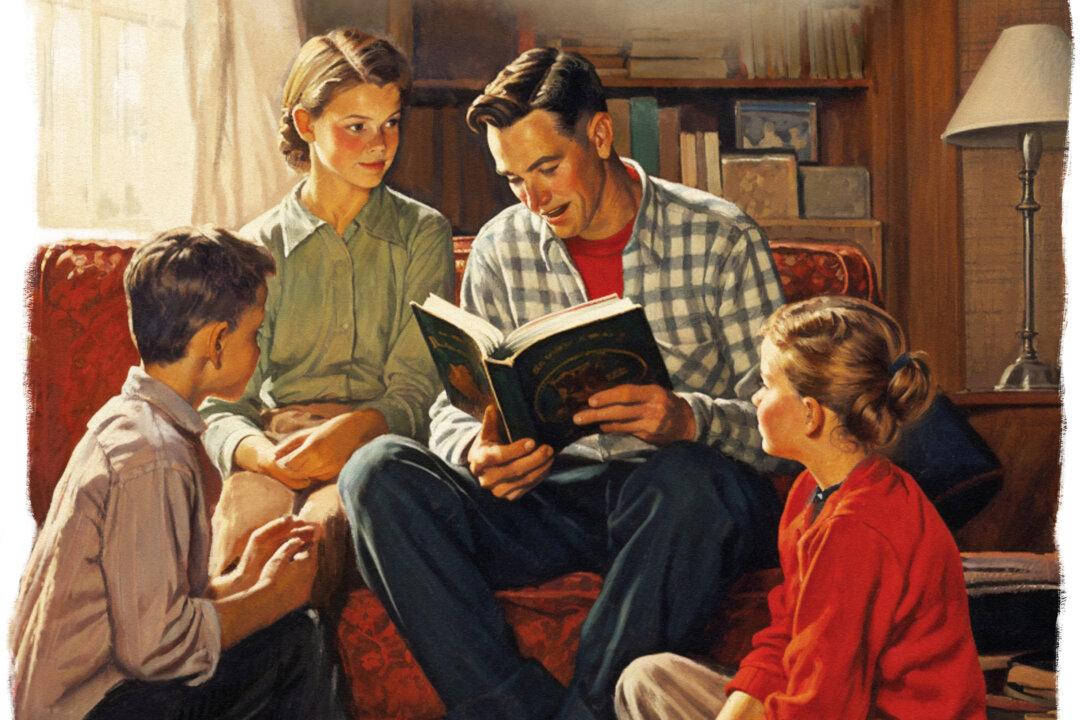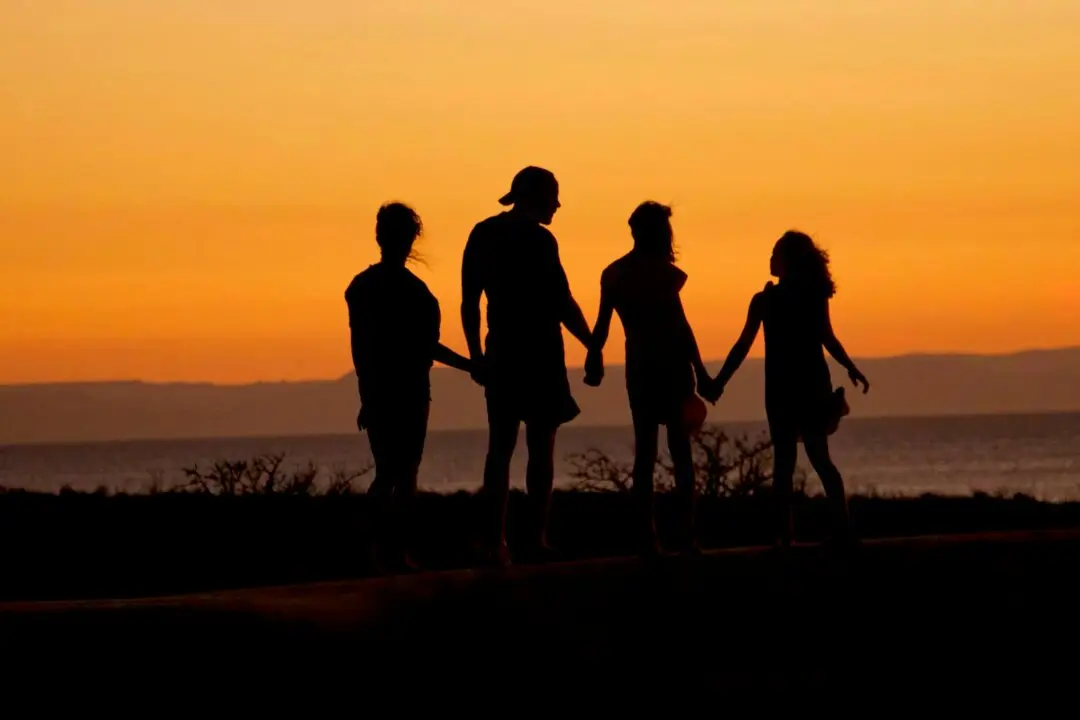As we head into the new year, more and more commentators are putting out red flags rather than welcome mats.
Typical of these columns, though more insightful than most, is Jeffrey Tucker’s “Apocalypse in the Air.” He points out the dire possibilities for 2024 being discussed in “private circles today,” among which are climate and terrorism lockdowns, resources depleted by illegal migrants, and riots related to the upcoming elections. He describes the enormous damage already done to the trust we once placed in our institutions—the government, schools, corporate media, and law. Mr. Tucker then writes:






